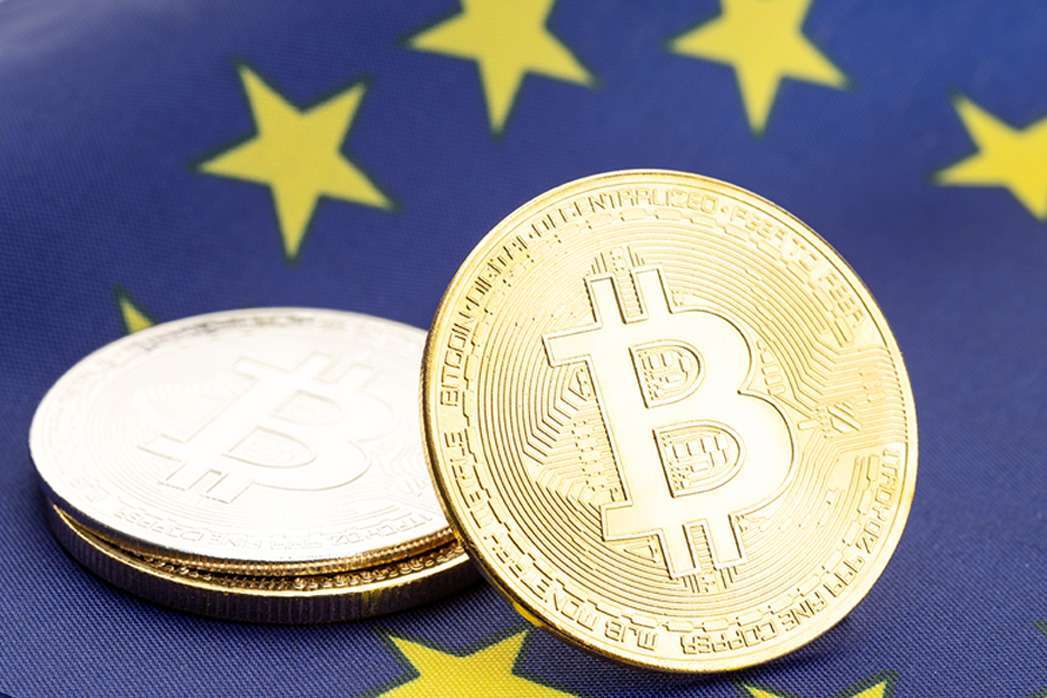Increased Cryptocurrency Adoption in Europe
Over time, cryptocurrency adoption in Europe has soared. This is made possible, especially with mainstream organisations’ continued embrace of Cryptocurrency, regulatory clarity, and increasing consumer appetite in the digitised world. Suffice it to say that Cryptocurrencies such as Bitcoin and Ethereum were once considered a niche asset class, but they are inevitably becoming a viable alternative to traditional financial systems.
Rising Popularity Among Investors
Despite recent declines in European Cryptocurrency values, European investors have shown a marked propensity for the assets. They are taking a stake in the game in increasing numbers individually and as an institution. According to recent reports, Germany, France, and the Netherlands have seen immense growth in crypto investments thanks to favourable regulations and growing consumer trust.
Businesses across Europe are also welcoming digital currencies in payments and financial transactions. Since then, major retailers, online platforms, and small businesses have taken over Bitcoin and Stablecoins on payment options. Further, crypto-based financial services like lending, staking, and decentralised finance (DeFi) are growing in attraction, providing new means to gain and transact money without relying on traditional banks.
Striking a Balance
Regulatory practice is one of the most important aspects that encourages crypto adoption in Europe. The European Union (EU) has been the most organized in terms of regulations. Providing a clear legal framework for Cryptocurrencies and ensuring consumer protection is where Markets in Crypto-Assets (MiCA) come in.
MiCA will hopefully harmonise crypto regulations among EU member states and give businesses and investors a safer crypto environment. However, even the countries outside the EU are leaders in their progressive approach to crypto. Switzerland, which isn’t even part of the EU but is a financial hub in Europe, has regulated crypto so that many Blockchain start-ups and investment firms have been drawn.
The Role of Central Bank Digital Currencies (CBDCs)
A significant development in Europe’s digital asset scene is the pursuit of central bank digital currencies (CBDCs). The Digital euro is a digital currency backed by a state developed by the European Central Bank (ECB), aimed at replacing physical cash and facilitating better cross-border transactions. Some argue that CBDCs will create competition for decentralised Cryptocurrencies; however, proponents say they will help veggies US digital assets legitimatise, hence adoption.
Future Outlook
While Europe’s adoption of Cryptocurrency has been incredibly rapid, there are still some challenges. Widespread acceptance is still impeded by hurdles such as regulatory compliance, cybersecurity risks, and volatility concerns. In addition, most traditional financial institutions still doubt Cryptocurrency and continue to sit on the fence.
But, there’s an upside: talk of regulatory clarity and continued technological upgrades. Digital assets have become a mainstream technology, and as more companies, investors, and consumers embrace them, Europe will consolidate its position as the global crypto hub.
Finally, it appears that more European countries are starting to see a bright future for cryptocurrency. Of course, a balanced regulatory approach, consumer interest and integration of CBDCs are paving the way for greater inclusivity and innovation in Europe’s financial future. With the development of Blockchain technology, Europe can be at the forefront of shaping the global crypto view, and with time, its role will keep getting stronger.
Image Source: Adobe Stock
Disclaimer: This article is purely for informational purposes. It is not offered or intended to be used for legal, tax, investment or financial advice.

